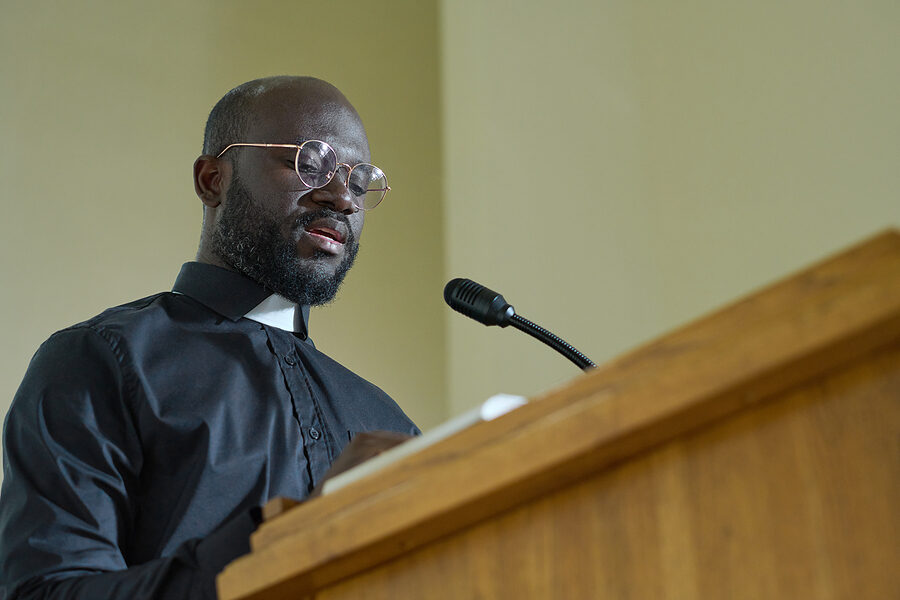
by Rebekah Simon-Peter | Oct 2, 2023
As the leaves begin to change and the weather cools down, people look forward to enjoying seasonal festivities while cherishing the blessings of life. In this post, we will discuss 5 tips for leading church into Autumn.

by Rebekah Simon-Peter | Sep 25, 2023
By following four key principles, Courtney was able to help the church rebound and cultivate a culture of growth. As her story demonstrates, laity-led revitalization is possible for any church community.

by Rebekah Simon-Peter | Jul 10, 2023
Communication is the most fundamental tool through which leaders and congregants establish relationships, build trust, and foster connection within the congregation. The way language is used can be powerful in uplifting and motivating the congregation or can bring it down and create division. Many may not imagine the weight of their spoken words and how they influence their congregational culture. Spoken words can shape collective thought, inspire change, and motivate the group to act decisively toward certain values, beliefs, and practices.

by Rebekah Simon-Peter | Jun 13, 2023
For three days in an Airbnb rental in a cozy Atlanta neighborhood, my team and I embarked on a spiritual retreat that led us to reflect on polarization. Nine of us worshiped, laughed, worked, played, ate meals, and envisioned the coming year together.During our time together, we aimed to build team spirit, share organizational knowledge, and strengthen our commitment to a shared vision of the future.
But, has the mission of the church really changed? There are two answers to that question. First answer: no. Second answer: yes. Let’s dive into this conundrum, starting with the “no.”

by Rebekah Simon-Peter | May 2, 2023
Dietrich Bonhoeffer’s classic 1937 book, The Cost of Discipleship, describes cheap grace as the preaching of forgiveness without requiring repentance, baptism without church discipline and communion without confession. It’s the sort of grace that allowed would-be disciples to avoid confronting the evils of Nazi Germany.
These days, cheap grace has competition. To appease a different kind of cultural complacency, grace has come to mean a bar set quite low. Offering this grace requires little to no accountability, enforces few if any, standards, and bears almost no fruit. This low-level grace is most apparent in churches in our communal and organizational life. It translates into a kind of laissez-faire; you’re off the hook, no accountability stance.





